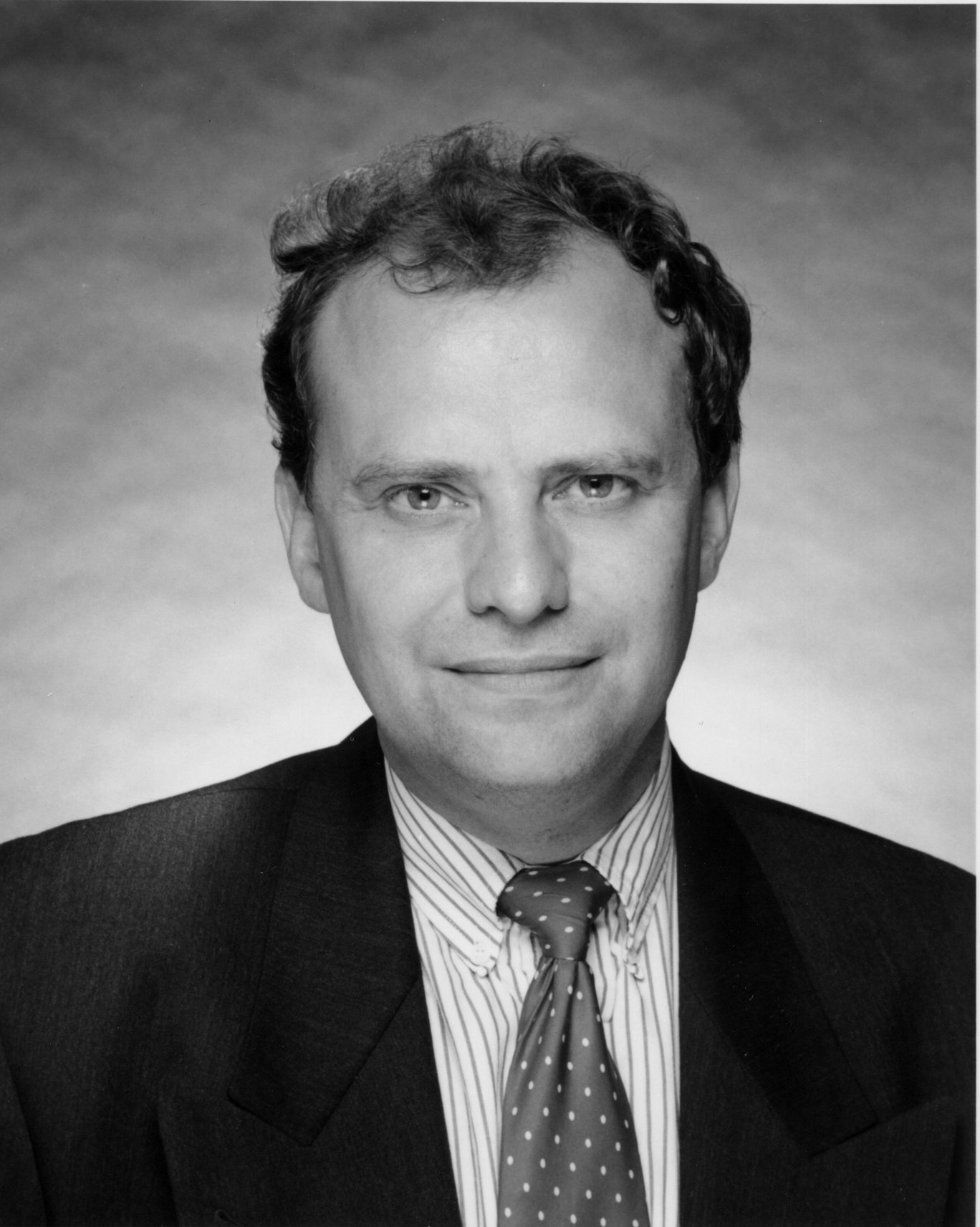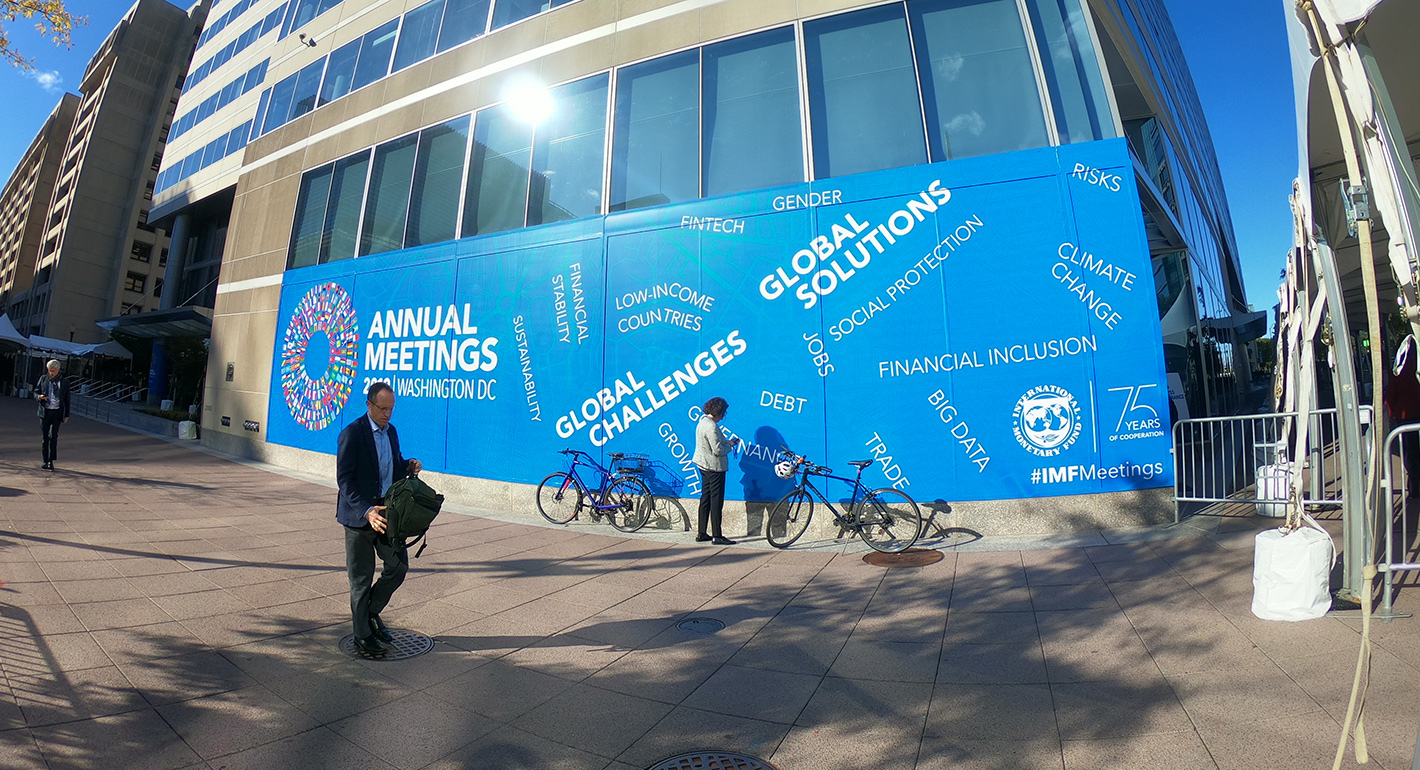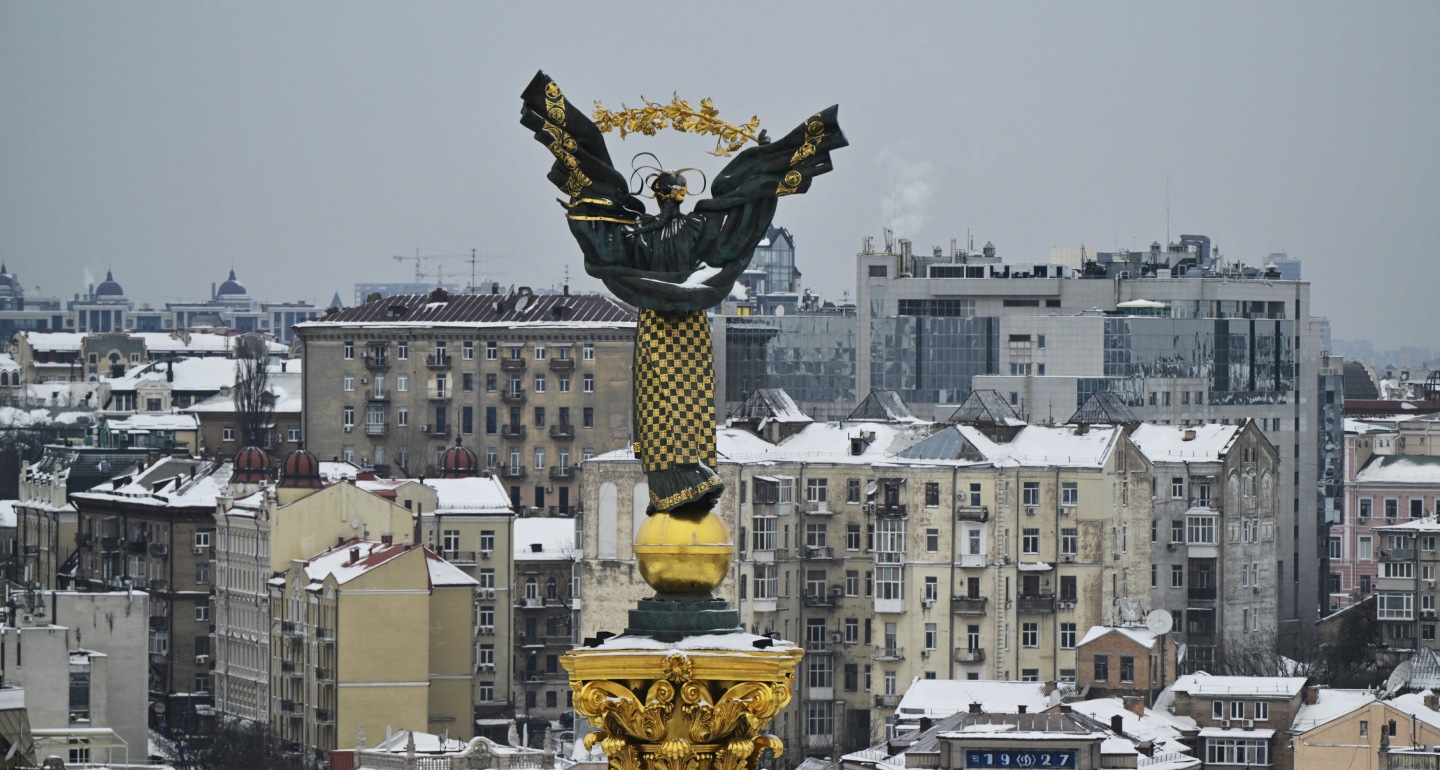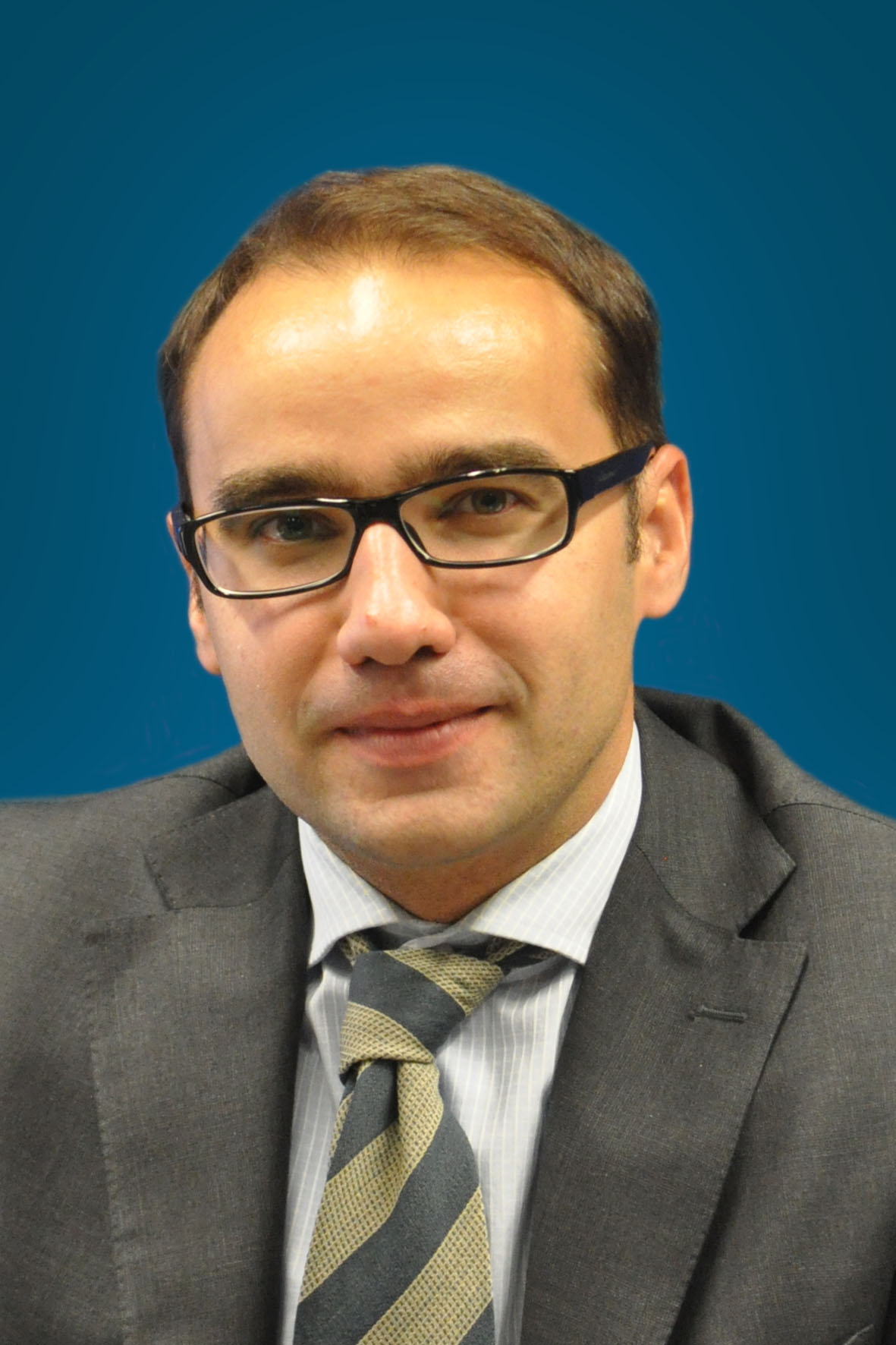Anders Aslund
{
"authors": [
"Anders Aslund"
],
"type": "legacyinthemedia",
"centerAffiliationAll": "dc",
"centers": [
"Carnegie Endowment for International Peace"
],
"collections": [],
"englishNewsletterAll": "",
"nonEnglishNewsletterAll": "",
"primaryCenter": "Carnegie Endowment for International Peace",
"programAffiliation": "russia",
"programs": [
"Russia and Eurasia"
],
"projects": [],
"regions": [
"Eastern Europe",
"Ukraine"
],
"topics": [
"Political Reform",
"Democracy",
"Economy"
]
}
REQUIRED IMAGE
Crossroads in Ukraine
Ukraine is facing its most serious political crisis since independence. President Leonid Kuchma has been accused of involvement in the murder of a leading investigative journalist. Western governments should treat Kuchma as a pariah unless he is cleared. A presidential coup would isolate Ukraine from the West, while an orderly investigation would bring Ukraine closer to the West.
Source: Washington Post
Ukraine is facing its most serious political crisis since independence. President Leonid Kuchma has been accused of involvement in the murder of a leading investigative journalist, Heorhiy Gongadze, editor of the independent Internet newspaper Ukrainskaya Pravda. On Sept. 16, Gongadze disappeared in Kiev, and his corpse was found beheaded 11/2 months later.
The political scandal erupted on Nov. 28, when Socialist Party leader Olexander Moroz, from the pulpit of Ukraine's Parliament, accused Kuchma and Interior Minister Yuriy Kravchenko of having organized the murder. As evidence, Moroz released 11 tape recordings of crude private conversations allegedly among the president, Kravchenko and other aides.
The developments are a crucial political test for this country of 50 million people, which has struggled to establish both democracy and capitalism since freeing itself from the Soviet Union nine years ago. But despite the seriousness of the allegations -- or maybe because of it -- this is a crisis that could actually end up bolstering Ukraine's stability and its relations with the West, rather than wrecking them.
Ukrainian leaders are not used to spinning bad news. Kuchma and his subordinates have barely defended themselves, not very credibly branding the tapes falsifications by unspecified foreign intelligence agencies. Meanwhile, three parliamentarians have produced a video interview with a former Kuchma bodyguard, recently broadcast on national television, in which the bodyguard explains that he placed a tape recorder in Kuchma's office because the president regularly ordered Kravchenko, his minister of security and the head of the tax service, to repress prominent politicians.
No ironclad proof has yet emerged that the tapes are authentic, or that Kuchma is guilty of involvement in the journalist's murder. But a majority of Parliament has now turned against the president, as the right has joined the left in approving non-binding lack-of-confidence resolutions against Kuchma's security ministers.
Curiously, all of this is happening amid an economic breakthrough for long-suffering Ukraine, with economic growth of about 5 percent this year and industrial growth of 12 percent. A highly respected prime minister, Viktor Yushchenko, has carried out substantial reforms. He has conspicuously kept out of the scandal, calling for patience while his right-wing supporters in Parliament oppose Kuchma.
That is why the crisis may ultimately help Ukraine. Far more even than Russia, post-Soviet Ukraine has been dominated by a handful of tycoons who largely made their money through state connections. With Yushchenko's new market reforms, they are being challenged by real businessmen, while Kuchma has increasingly turned to the security organs for support, seemingly inspired by their rise in Russia.
The oligarchs appear to be wavering. One of them, Deputy Prime Minister Yulia Tymoshenko, is clearly enjoying the president's predicament. Even oligarchs loyal to Kuchma are passive, probably because the scandal has focused on security services that also harass them. Five pro-presidential centrist parties aligned with the oligarchs have abstained from voting against Kuchma, but even they do not defend him.
Two outcomes appear plausible. Kuchma could be impeached by Parliament, making the prime minister acting president and mandating new presidential elections within 90 days. As the most popular politician in Ukraine, Yushchenko would be the favorite in a sudden presidential election. Alternatively, Kuchma could dismiss Parliament or declare direct presidential rule, but he cannot do so without violating the constitution. The president has the right to declare a state of emergency, but his decision must be swiftly approved by Parliament, which has no reason to comply.
In fact, Kuchma's downfall could be a breakthrough for Ukraine. Already, the pressure that was growing on Yushchenko's government before the scandal because of its attacks on corruption has eased. An orderly impeachment could cripple both the lawless security organs and parasitical oligarchs, and give semi-democratic Ukraine real democracy. A setback for the security organs in Ukraine would also have positive repercussions in Russia.
Western governments should treat Kuchma as a pariah unless he is cleared. A presidential coup would make Ukraine as isolated from the West as Belarus is, while an orderly investigation would bring Ukraine closer to the West.
About the Author

Former Senior Associate, Director, Russian and Eurasian Program
- Putin's Decline and America's ResponseOther
- Democracy in Retreat in RussiaTestimony
Anders Aslund
Recent Work
Carnegie does not take institutional positions on public policy issues; the views represented herein are those of the author(s) and do not necessarily reflect the views of Carnegie, its staff, or its trustees.
More Work from Carnegie Endowment for International Peace
- The Kremlin Is Destroying Its Own System of Coerced VotingCommentary
The use of technology to mobilize Russians to vote—a system tied to the relative material well-being of the electorate, its high dependence on the state, and a far-reaching system of digital control—is breaking down.
Andrey Pertsev
- Indian Americans Still Lean Left. Just Not as Reliably.Commentary
New data from the 2026 Indian American Attitudes Survey show that Democratic support has not fully rebounded from 2020.
- +1
Sumitra Badrinathan, Devesh Kapur, Andy Robaina, …
- Can the Disparate Threads of Ukraine Peace Talks Be Woven Together?Commentary
Putin is stalling, waiting for a breakthrough on the front lines or a grand bargain in which Trump will give him something more than Ukraine in exchange for concessions on Ukraine. And if that doesn’t happen, the conflict could be expanded beyond Ukraine.
Alexander Baunov
- Getting Debt Sustainability Analysis Right: Eight Reforms for the Framework for Low-Income CountriesPaper
The pace of change in the global economy suggests that the IMF and World Bank could be ambitious as they review their debt sustainability framework.
C. Randall Henning
- Notes From Kyiv: Is Ukraine Preparing for Elections?Commentary
As discussions about settlement and elections move from speculation to preparation, Kyiv will have to manage not only the battlefield, but also the terms of political transition. The thaw will not resolve underlying tensions; it will only expose them more clearly.
Balázs Jarábik









